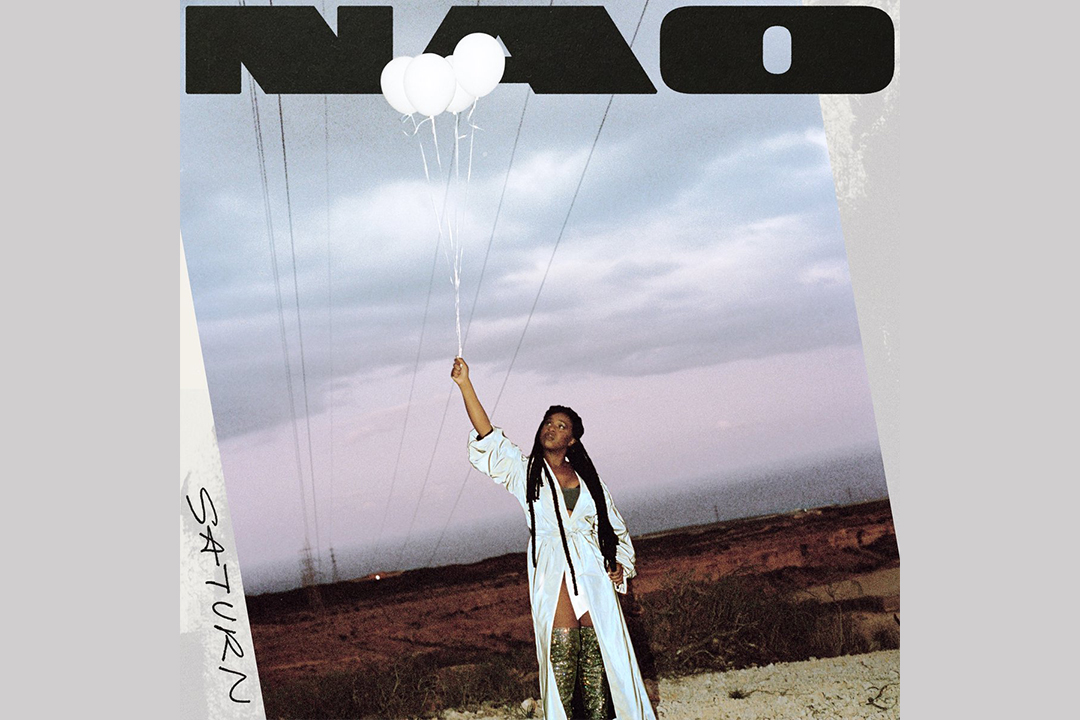CAN I KICK IT? NAS DROPS NASIR
After the longest dormant period of his career, Queens native and hip-hop hall-of-famer Nas released Nasir, his slimmest, lowest-concept album to date. It’s the fourth of five records produced by Kanye West, all seven songs long, all to be released before the end of June. It also arrived amid scandal with which both men have been involved. West started the promotion for all of these G.O.O.D. Music releases by returning to Twitter® and proclaiming his support for Donald Trump, while Kelis recently released statements claiming that Nas was physically abusive during their marriage (Nas was also previously accused of assaulting Carmen Bryan, the mother of his daughter, in 2006).
While West poked fun of the drama surrounding him on his album ye, Nas hasn’t addressed the allegations publically, and he doesn’t approach the subject on Nasir. Indeed, lyrically speaking, Nas brings precious little that could be considered fresh or poignant. The closest he gets is on “Simple Things” when he raps “Was loving women you’ll never see me/All you know’s my kids’ mothers, some celebrities/Damn, look at the jealousy.” Sure, the album’s length could be a contributing factor, but the project contains precious little of thematic design or narrative, two elements that have always been his strengths. It’s among his most diffused and ill-defined albums. His last album Life Is Good saw him trying to come to grips with middle age and explore new ground, but he often sounds clumsy and subdued here, even in his cadence.
When writing linear narratives or exploring his own biography, Nas has few peers. He’s often at his most potent when he explores abstractions or lofty theories, but within the running time of Nasir, most of those end up sounding like foil-hat conspiracy theories. The opener, “Not For Radio,” contains a cameo from Sean Combs talking trash and statements like “Fox News was started by a black dude.” It almost works in much the same way that a campy villain theme song from a low-budget movie works, but Nas’ verses are too pedestrian, both in writing and enforcement. On more than one occasion here, he plods along, almost sounding bored, as if he knows that half of his audience might not even believe half of the things he says.
Amid all of the G.O.O.D. Music releases, Kanye West has served as both a distraction and a sort of lightning rod for listens and reviews. That being said, Nasir is fairly consistent musically. At times, the music contains focus and energy that reflect a sort of deference that Kanye has for Nas that he has for few other living artists. Many of the samples used here are perfectly germane, the most notable (or perhaps just popular) of which comes on “Cops Shot The Kid,” which contains one of the most refreshing reworkings of a Slick Rick “Children’s Story” sample in quite some time.
There are flashes when Nas sounds like Nas, such as on the end of “Everything,” when he raps about buying back the land on which white men enslaved his ancestors, but then there are moments when he describes himself as a “chin-grabber, neck-choker, in-her-mouth-spitter, blouse-ripper, a**-grabber.” It’s hard to imagine any rapper being that stupid under the circumstances, but intentional or not, that makes for some uneasy listening. Like many other artists, of course, he has had similar failures in the past (“Oochie Wally”), but most of those were spectacular botches. With Nasir, however, Nas is something he’s rarely ever been: humdrum.








